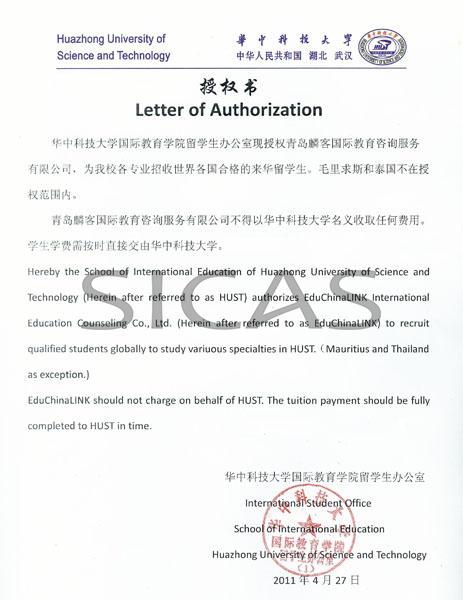

 |
Family Planning Research InstituteA. INTRODUCTION: The Family Planning Research Institute (FPRI) was established in 1979 by the Ministry of Health of the People's Republic of China as a teaching, research and clinical institutions. It is affiliated to the Tongji Medical College of Huazhong University of Science and Technology. Now, FPRI is the national key disciplines Obstetrics and Gynecology and national drug clinical research organization. THE FPRI comprises four departments and a hospital that are Department of Reproductive Biology, Department of Reproductive Pharmacology, Department of Reproductive Immunology, Department of Reproductive Epidemiology and Wuhan Tongji Hospital of Reproductive Medicine. At present, there are2 professors, 8 associate professors and about 25 to 30 Graduates.
THE FPRI intends to be an international center for reproductive and family planning researches open to people all over the world who are interested in this field. The existing conditions and equipments of FPRI can be made available through a formal application. Both basic research and application-oriented studies on reproduction and family planning are encouraged by the FPRI. High priority is given to intramural collaborative research.
1. Cytological studies on fertilization and implantation. C. TEACHING: The FPRI has a discipline of reproductive medicine for undergraduate and 30 students are enrolled per year. At present, the discipline is only for four-year undergraduates with medical education background. In addition, there are ten tutors recruiting 25-30 graduate students per year D. CLINICAL:
The Wuhan Tongji Hospital of Reproductive Medicine is affiliated to the FPRI and located 128 Sanyang Road, Wuhan. The hospital covers an area of 7,000 square meters, there are 120 professional and technical personnel. It has four clinical departments, a clinical laboratory and an inpatient department. Clinic subjects include: 1. Diagnosis and treatment of common gynecological diseases. 2.Diagnosis and treatment of common andrological diseases. 3.Diagnosis and treatment of Female infertility. 4.Diagnosis and treatment of male infertility. 5.Artificial insemination. 6.Laparoscopic surgery and hysteroscopic surgery. 7.Genetic Counseling. |







